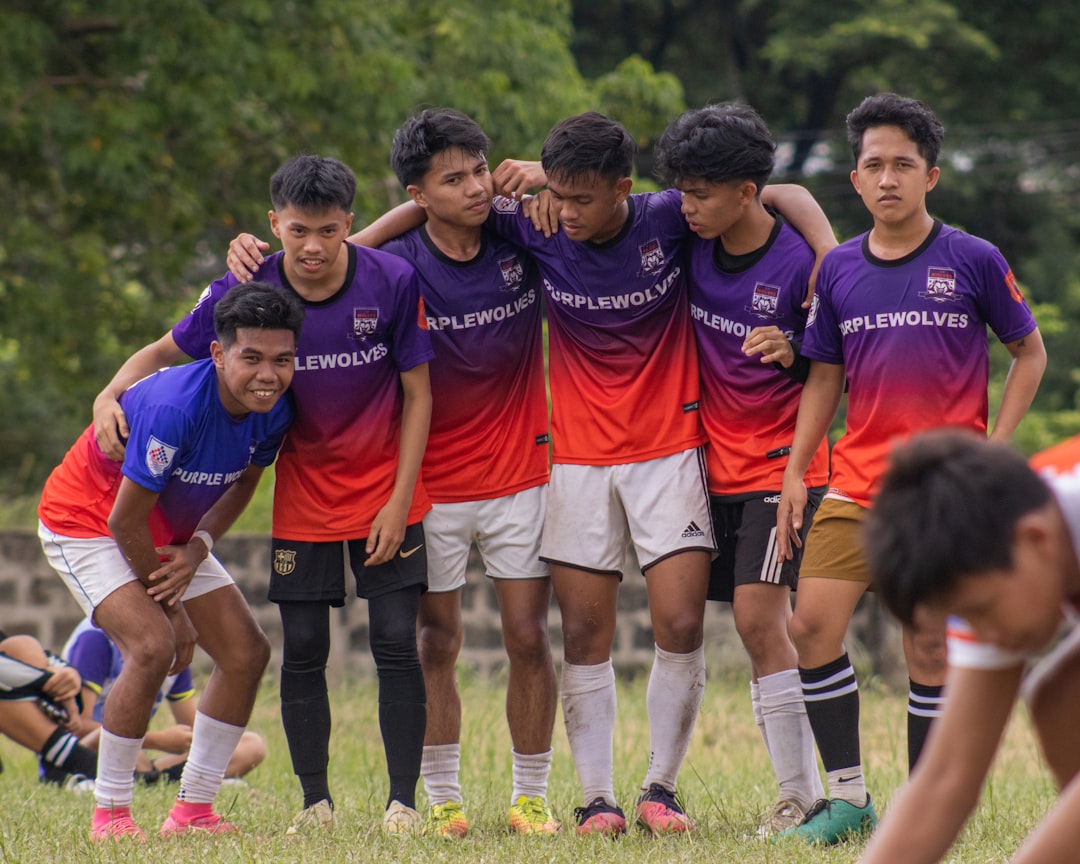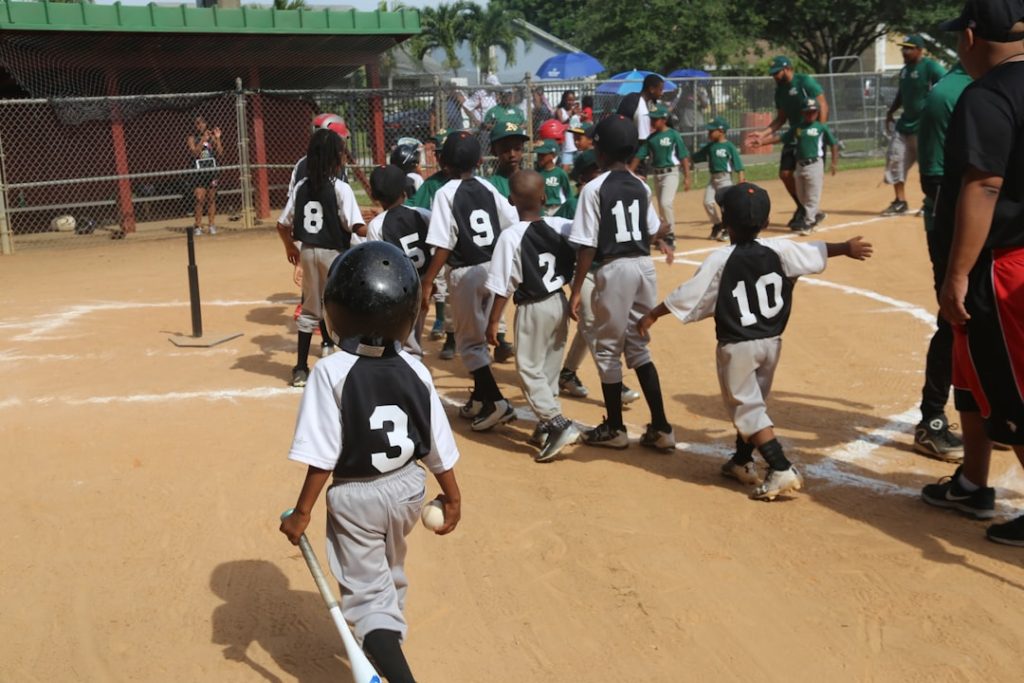The Midwestern Football Youth Conference (MFYC) stands as one of the most dedicated and well-structured football leagues for young athletes in the United States. With a deep commitment to development, sportsmanship, and competitive integrity, the MFYC offers children aged 7–14 the opportunity to grow their football skills while fostering a love for the game. In this overview, we provide a detailed look into the league’s seasonal schedules, its division framework, and recent championship highlights that exemplify the league’s prominence and growth.
League Structure and Divisional Breakdown
The MFYC operates with a tiered division system designed to create balanced and fair competition, no matter a team’s geographic or skill level. Each division is based primarily on age and weight classifications to ensure safety and fair play.
- Pee Wee Division (7–8 years old): Focuses on foundational skills, basic game rules, and player safety. The emphasis is on learning rather than competition.
- Junior Division (9–10 years old): Builds upon fundamentals and begins to incorporate basic strategies and full-field gameplay under traditional football rules.
- Senior Division (11–12 years old): Offers more enhanced competition and introduces more complex playbooks, with special attention given to teamwork and on-field decision-making.
- Varsity Prep Division (13–14 years old): Acts as a preparatory platform for high school football. Players are exposed to advanced schemes, weight training, and frequent game film reviews.
Each division consists of multiple teams grouped into conferences based on geographical considerations. This layout not only reduces travel demands on families but also builds local community rivalries that fuel week-to-week excitement during the season.

Seasonal Schedule and Weekly Structure
The MFYC season stretches from mid-August through early November, comprising preseason training, a regular-season schedule, playoff rounds, and a championship week. The league commits to a consistent cadence that ensures structure for teams, players, and their families. A typical MFYC season follows this progression:
- Preseason Training Camps (August 1–15): Players participate in a two-week conditioning regimen. Coaches focus on injury prevention, skill assessment, and team familiarity. Medical clearances are required before player participation.
- Regular Season (August 20–October 15): Teams play one game per week, typically on Saturday mornings. Each team completes a total of 8 games during the season. Standings are tracked in real-time and published weekly on the MFYC portal.
- Playoff Rounds (October 20–31): The top four teams in each division qualify for the playoffs. The format includes semifinals and a divisional final, conducted at neutral venues to eliminate home-field advantage.
- MFYC Championship Week (November 1–7): Highlighting the best of the league, this week includes championship games for each division, team parades, and MVP honors. These finals often draw substantial local media coverage.
Importantly, the MFYC adheres to stringent player safety protocols. Each game includes certified referees, medical presence on the sidelines, and enforcement of playing time regulations ensuring no child participates in excessive minutes per game.
2023 Championship Highlights
The 2023 MFYC Championship Week provided some of the most competitive and emotionally charged matchups in the league’s recent history. Fans and families filled the stands at the Great Lakes Regional Field in Des Moines, with over 5,000 in attendance across all divisions.
Pee Wee Division
The South Bend Tigers narrowly defeated the Lincoln Park Panthers in a suspenseful 14–12 victory. Running back Kaiden Reynolds, just 8 years old, earned the Most Valuable Player (MVP) honors after scoring both touchdowns and racking up 89 yards on the ground.
Junior Division
The Bay City Broncos demonstrated exceptional teamwork, overcoming the Toledo Titans 21–6. Quarterback Malik Torres threw two touchdowns while the defense forced three turnovers. Coach Anthony Daniels noted that “the kids stuck to the fundamentals, and it paid off.”
Senior Division
A defensive masterclass by the Omaha Eagles led them to a 10–0 shutout of the Cedar Rapids Cyclones. Linebacker Jordan Michaels was named MVP with eight solo tackles and two forced fumbles. This victory marked the Eagles’ second consecutive championship win, indicating a budding dynasty.

Varsity Prep Division
The Sioux City Stallions capped off an undefeated season with a 28–14 win over the Missouri Valley Hawks. Quarterback and team captain Elijah Greene accounted for all four touchdowns — two by air and two on the ground. His leadership throughout the season has drawn attention from high school scouts across the Midwest.
Player Development and Coaching Standards
Beyond competition, the MFYC is recognized for its commitment to player development both on and off the field. Every coach is required to undergo annual certification, which includes training on concussion protocols, heat illness prevention, and positive coaching philosophy.
- Weekly Film Analysis: Beginning at the Junior Division level, teams review game footage to encourage situational play learning and decision-making under pressure.
- Mentorship Programs: Senior and Varsity Prep players are assigned younger “buddies” from the Pee Wee division to foster mentorship and league-wide camaraderie.
- Scholarly Athlete Recognition: Any player maintaining a GPA over 3.5 while on a team receives league honors and is eligible for scholarships offered by MFYC partners.
Coaches, meanwhile, must pass annual background checks and complete a three-part certification process overseen by the MFYC Safety and Ethics Committee. This has increased parent trust and built a strong foundation for educational atmosphere in youth sports.
The Future of MFYC
Looking ahead, the MFYC executive board has announced several expansion considerations, including the addition of two new conferences in central Wisconsin and northern Kentucky. These movements aim to accommodate growing applications and widen participation to more regions across the Midwest.
The league also revealed plans to pilot a spring flag football program in 2024 as a developmental platform and injury-prevention alternative. This initiative will be optional but is projected to draw strong interest from players seeking year-round engagement.
Further investment is being poured into digital infrastructure. The upcoming MFYC mobile app will allow families to track schedules, results, weather postponements, and player statistics in real-time. This represents a major leap toward modernizing the league’s communication and record-keeping methods.
Conclusion
With a reputation for excellence, structure, and child-focused philosophy, the Midwestern Football Youth Conference continues to be a beacon of what youth sports should represent. Offering well-balanced competition, structured coaching, and celebratory championships that highlight determination and unity, the MFYC has set the standard in regional youth athletics. As expansion looms and technology improves the participant experience, the future has never looked brighter for this cornerstone of Midwestern football development.
